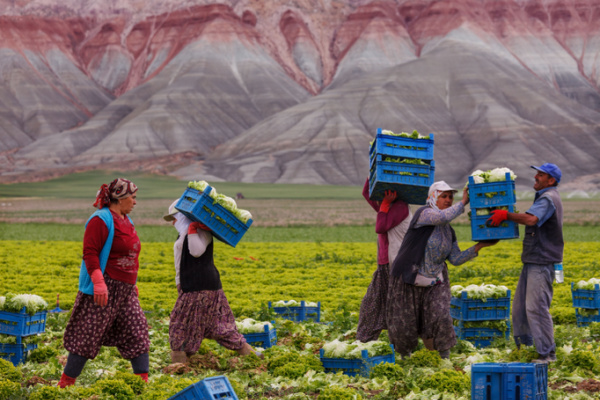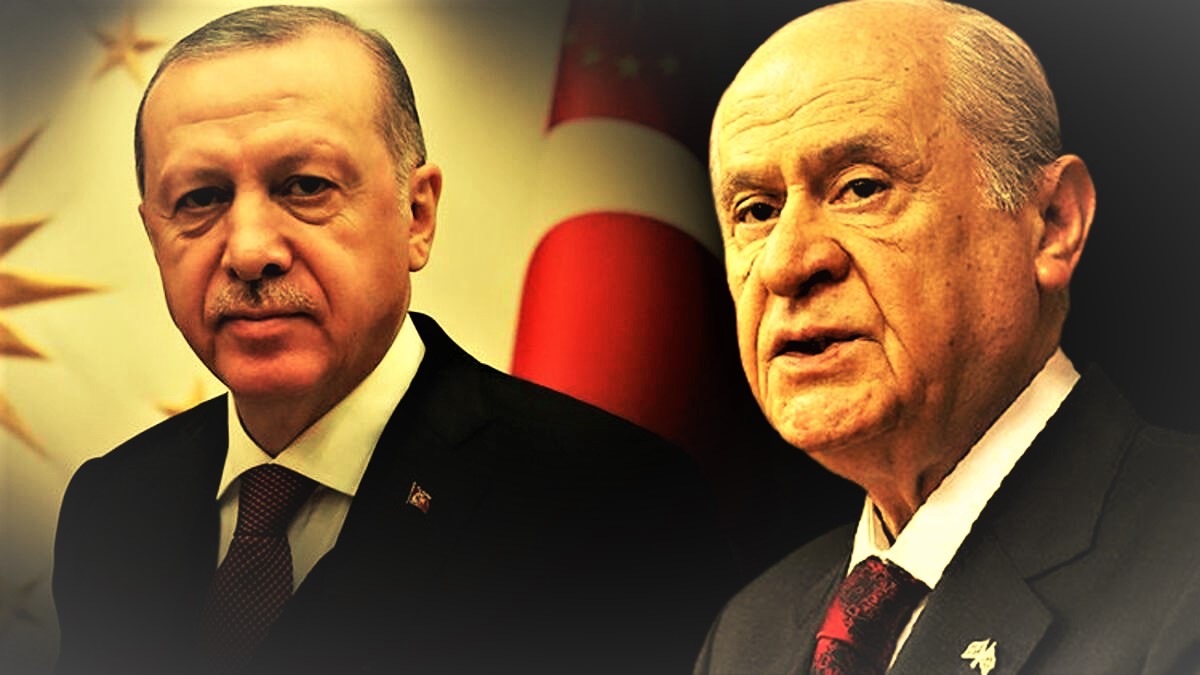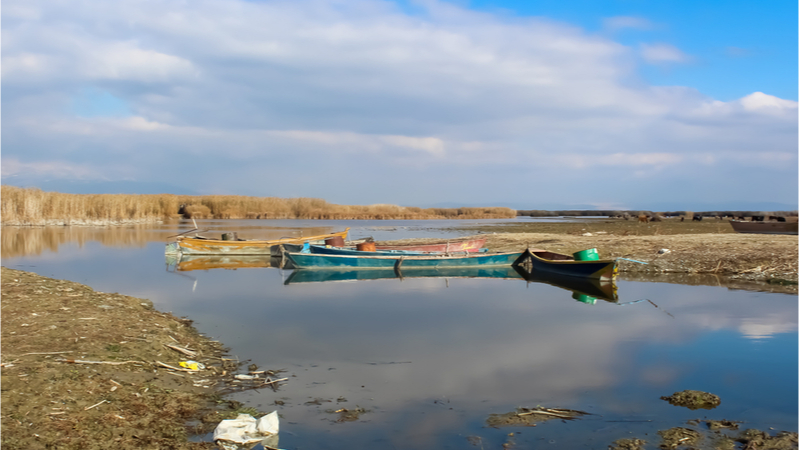Climate Change Threatens Turkey’s Role as a Food Supplier to Europe and the Middle East
By Michaël Tanchum
July 18, 2023
The persistence of high food inflation in Turkey belies a deeper problem. Turkish agrifood production cannot adequately cope with increasing water scarcity due to climate change. Challenging Turkey’s own food security, the growing crisis also threatens Turkey’s role as a food supplier to Europe and the Middle East. Regional food supply chain breakdowns due to a decline in Turkish production would create a debilitating economic impact on both regions. Advanced agri-tech solutions can mitigate these problems, presenting an opportunity for Ankara to create a new area of strategic cooperation between Turkey and its Western and Middle Eastern partners.

Turkey's Real Survival Problem
By Barış Soydan
October 17, 2022
The notion that Turkey faces an “existential” threat, that the unity of the state and the nation is at stake, has long featured preeminently in Turkish political discourse, legitimizing repressive policies. Yet, growing poverty, inequality and despair, which provide a xenophobic far right with fertile ground, may turn out to be Turkey’s truly existential problem. Millions have lost not only their economic status but also, and perhaps even worse, their hopes for the future. This development is ripe with risks and does not augur well for Turkey's future and social cohesion. Unless economic injustice and hopelessness are addressed, Turkey will face the risk of social upheaval and political destabilization.

The Collapsing Lira: Is it a Threat to the Turkish Regime?
By Sada Garibova
January 19, 2022
While economic experts predict that Turkey’s new economic model will inevitably send the Turkish economy into a deep recession and impoverish its population, the regime is undeterred, and its commitment to new, unorthodox economic and monetary policies is unwavering. Given the historical pattern, a popular backlash is unlikely, and it would in any case not be allowed to imperil the survival of the regime. President Recep Tayyip Erdoğan is fully backed by the nationalist cadres of the state bureaucracy. The collapse of the lira may ultimately be more likely to pave the way for a more entrenched, authoritarian regime than to boost the prospects of the opposition.

Turkey's Inflation Crisis Reveals Systemic Weakness in Turkey's Food Security
By Michaël Tanchum
December 2, 2021
Soaring inflation and the record low value of the Lira have exacerbated Turkey's food crisis, which has been precipitated by the local and global economic shocks of the COVID19 pandemic and its 2021 aftermath. The severe nature of the food crisis has revealed something deeper and more systemic – Turkey's current food system cannot effectively cope with increased water scarcity and debilitating climate change. Turkey's promotion of exports, including cash crop agricultural exports, by allowing the Lira to slide in value has exacerbated the problem in several ways and may impede Turkey from implementing necessary measures to avert a larger food security crisis.





